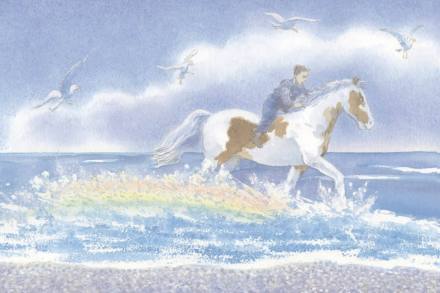Bad lads and Bogwoppits
More from BooksJuliet Townsend selects the best of this year’s reading for toddlers through to teenagers In these straitened times one can only be grateful for the excellent value offered by picture books for young children, which have remained at the same price for several years. Since the migration of their production to the Far East, some












